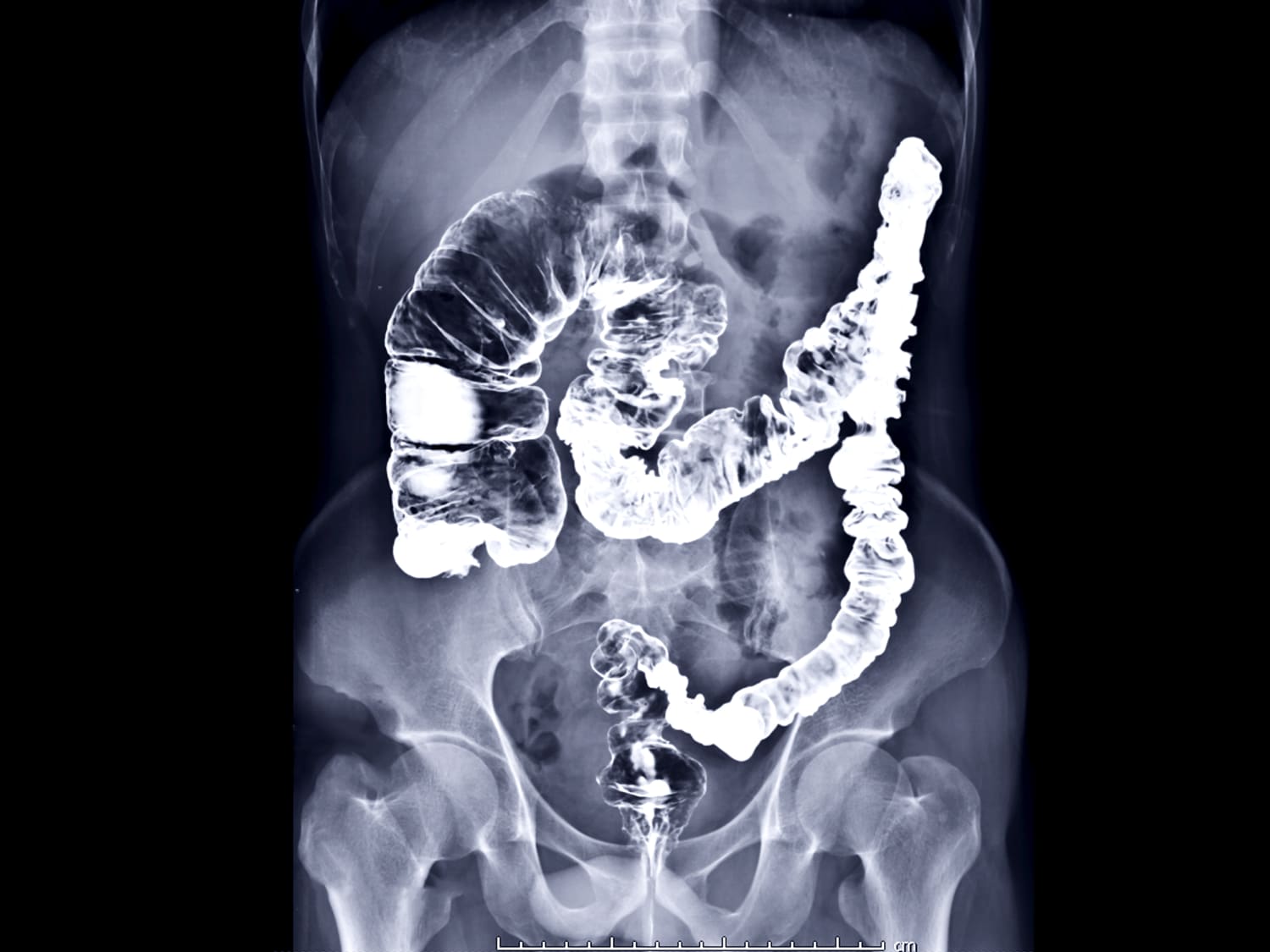New guidelines from the U.S. Preventive Services Task Force suggest that screenings for colorectal cancer should begin at age 45 — five years earlier than was previously recommended.
The change, the group says, could save thousands of lives.
Rates of colorectal cancer — the No. 3 cancer killer in the U.S. — have been steadily creeping up in people ages 45 to 50, said Dr. Michael Barry, a professor of medicine at Harvard Medical School and vice chair of the task force.
“We can make a substantial dent in that through screening,” he said. “Starting at age 45 can save additional lives and prevent additional cases by removing precancerous polyps.”
The new guidelines fall in line with recommendations issued by the American Cancer Society three years ago. With the task force’s added imprimatur, colonoscopies and other colon cancer screening tests for those aged 45 to 50 are far more likely to be covered by insurance companies.
The guidelines, published Tuesday in the journal JAMA, recommend six types of screening tests, including colonoscopies and stool tests.
The recommendations apply only to people who are at average risk of colorectal cancer — meaning they have no prior diagnosis of colorectal cancer; no family history of the disease or genetic disorders that raise the risk of the disease; no history of precancerous polyps; and no diagnosis of inflammatory bowel disease.
The change in guidance came about because data showed that the death rate from colorectal cancer among Americans ages 45 to 49 is now comparable to what was being seen in those ages 50 to 54, said Dr. Otis Brawley, a co-author of the American Cancer Society’s paper recommending that the beginning screening age be lowered to 45.
Both age groups have a death rate that is a lot higher than that among people aged 40 to 44, said Brawley, a professor of oncology and epidemiology at the Johns Hopkins School of Medicine and the Johns Hopkins Bloomberg School of Public Health.
The new guidance also stressed the importance of screening for African Americans, who have the highest rates of colorectal cancer incidence and deaths.
That higher rate is most likely not due to differences in biology between Black Americans and whites, Brawley said, but by factors such as obesity, poverty and lower access to high quality care.
While the new guidelines are likely to catch more cancers earlier in younger people, they still wouldn’t catch all of them because some develop the disease at a much younger age, such as the actor Chadwick Boseman, for example, who died last year of colon cancer at 43, Brawley said.
The guideline revision “is very, very important in terms of our ability to protect people, especially younger people, from colorectal cancer,” said Dr. Felice Schnoll-Sussman, a professor of medicine at Weill Cornell Medicine and director of the Jay Monahan Center at NewYork-Presbyterian Hospital and Weill Cornell Medicine.
“Colorectal cancer is most treatable when it is found early,” Schnoll-Sussman said. “It’s an enormous step forward in our attempt to protect younger individuals.”
Follow NBC HEALTH on Twitter & Facebook.
Source: | This article originally belongs to Nbcnews.com











